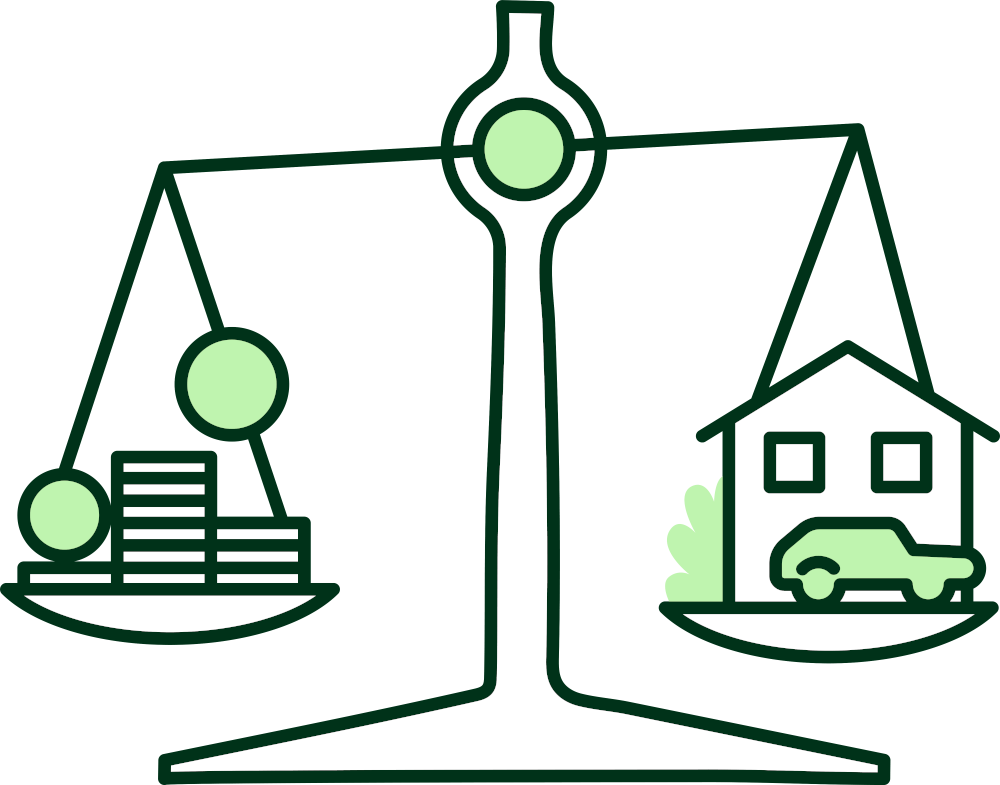What is a charging order?
A charging order is a court order. A creditor can apply for one if, for example, they already have a county court judgment (CCJ) for your debt. A charging order is made against property that you own (or part own) – usually your home. It secures a debt against the property like a mortgage. If you sell or re-mortgage the property money from the sale is taken to pay your debt.
When can a creditor apply for a charging order?
If your CCJ was made before 1 October 2012, your creditor can apply for a charging order if:
- The court says you must pay the whole debt immediately or by a certain date, and you have not done so.
- You have been told to pay by instalments and you have missed one or more payments.
Changes to the law mean things are different if your CCJ was made on or after 1 October 2012. Your creditor can apply for a charging order even if you are up to date with your CCJ payments.
Charging order process
There are two stages.
Stage one – the interim order.
- When the creditor applies for a charging order, the court will make an ‘interim charging order’ if it is sure you own or part-own the property.
- An interim charging order is usually made without a hearing. You can object in some cases but you only have 14 days to do so.
Stage two – the final charging order
- Once an interim charging order has been made, you usually have 28 days to object to a final charging order. You must send your objections in writing to the court and the creditor.
- If a judge made the interim order and set a hearing date at the same time, you must send your objections to the court and the creditor at least 7 days before the hearing.
- There will be a hearing at your local county court. A judge will decide whether to make the final charging order.
- If you do not send any objections, a judge will decide whether to make the final charging order without a hearing.
Can I stop a final charging order?
You might be able to stop a charging order. However, this is rare. The court will consider all the circumstances. This includes:
- your situation, including whether you have other debts
- whether a charging order would be unfair to other creditors.
If none of your arguments are successful and the court makes a final charging order, you can ask the court to add conditions to the charging order. Conditions can prevent the creditor from applying to sell your home in certain circumstances. For example, you can ask the court not to allow your home to be sold as long as you have children in full time education who live there.


